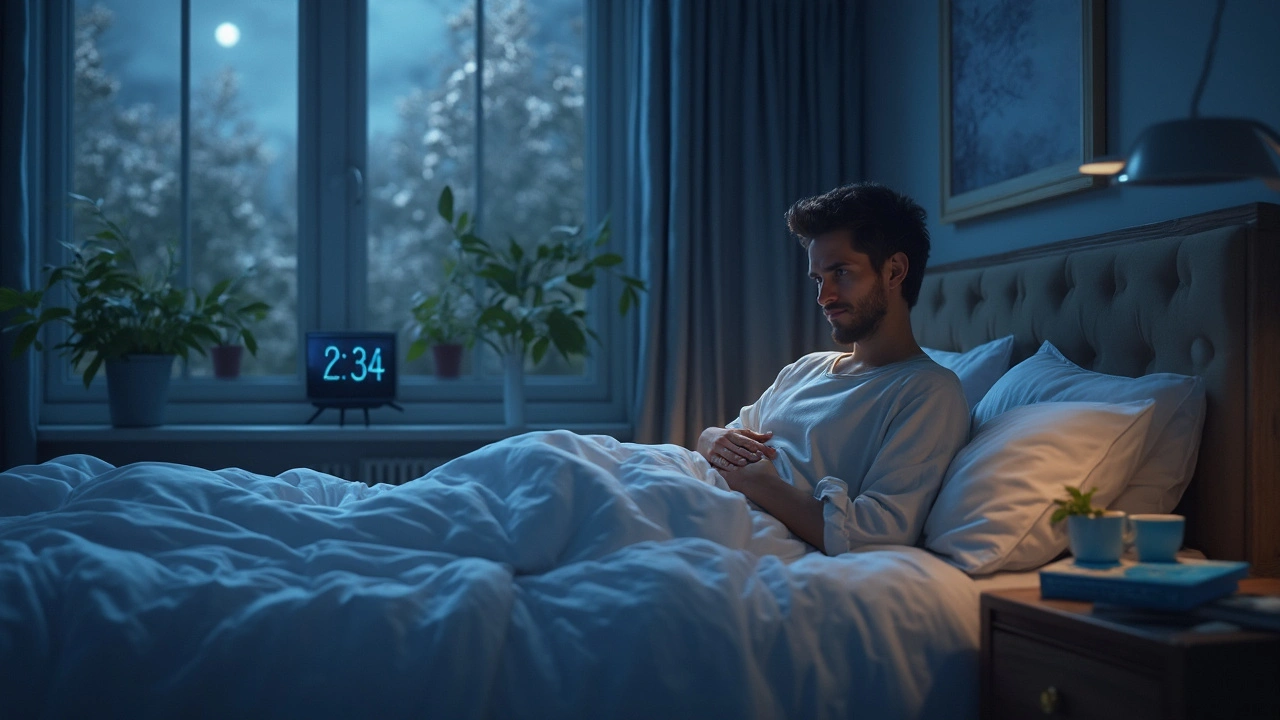Sleep tips that actually help you fall asleep and feel rested
Struggling to fall asleep? Small changes often beat complicated promises. Below are clear, practical habits you can try tonight — no gadgets or miracle cures required.
Pick one or two tips and test them for a week. Sleep improves with consistent habits, not one-off tricks.
Daily habits that set you up for rest
Keep a steady sleep schedule. Go to bed and wake up within the same 30–60 minute window every day, even on weekends. Your body runs better on routine.
Control light exposure. Get bright light in the morning — a short walk or sitting by a sunny window helps reset your internal clock. In the evening, dim lights and avoid bright screens for 60–90 minutes before bed.
Watch caffeine and alcohol timing. Cut caffeine by mid-afternoon. Alcohol might make you sleepy fast but fragments sleep later in the night. If you drink, aim for early evening at the latest.
Move your body, but time it right. Regular exercise improves sleep quality. Finish vigorous workouts at least 2–3 hours before bed. Gentle yoga or stretching closer to bedtime can help relaxation.
Bedroom and bedtime rules that work
Make your bedroom a sleep zone. Keep it cool, dark, and quiet. Use blackout curtains, a fan, or white noise if you need them. Reserve the bed for sleep and sex — avoid work or long phone sessions in bed.
Create a short wind-down routine. Do the same three to five things before bed: dim lights, read (paper book), wash your face, sip herbal tea, or use a breathing exercise. Repetition signals your brain it’s time to sleep.
Limit naps and time in bed. If you nap, keep it under 20 minutes and don’t nap late afternoon. If you lie awake for more than 20 minutes, get up and do something quiet until you feel sleepy — staying in bed awake trains your brain to worry there.
Try simple relaxation tools. Box breathing (4–4–4–4), progressive muscle relaxation, or a short guided meditation can calm a busy mind. A sleep journal for worries — jot down tomorrow’s tasks 30 minutes before bed.
Track patterns for two weeks. Note bedtime, wake time, sleep quality, caffeine, and alcohol. Patterns point to the real problem faster than guessing.
If sleep loss sticks around: see a clinician. If you rely on sleep pills, or if you snore loudly, wake gasping, or feel very sleepy during the day, talk to a doctor. Some issues need testing or a tailored plan.
Want more? Our site covers safe medication info and when to talk to a professional. Try these practical steps first — they often change nights faster than you expect.

Upset Stomach and Sleep Quality: Why One Messes Up the Other
An upset stomach can wreck your sleep, leaving you tired and frustrated the next day. This article digs into why digestive trouble keeps you up, how your gut and sleep are connected, and what you can actually do about it. You'll learn about the foods and habits making things worse, signals your body sends, and some no-nonsense tips for better nights. It's all about real solutions you can use right now. Nobody needs one more rough night when a few simple changes might help.
Read More




